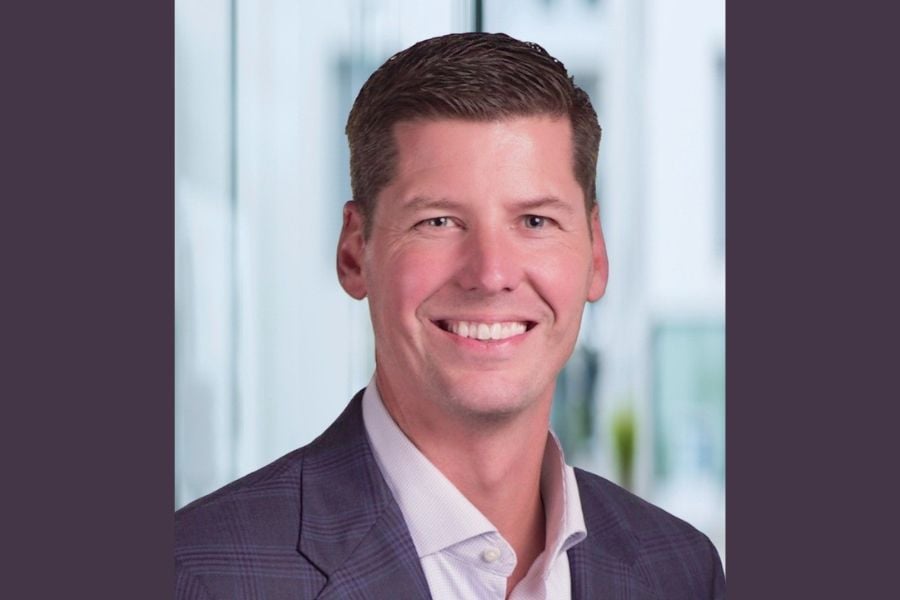

The need for comprehensive financial planning is on the rise across households – and advisors have a long way to go to catch up with that demand.
That's the call to action from a Cerulli white paper titled "Financial planning: fueling client and business growth," which explored the gap between retail investors' need for holistic advice and the financial planning services advisors offer.
Among other key findings, the report said that as of the second quarter in 2024, 53 percent of households say they value having a written financial plan, substantially up from 38 percent in 2009.
"Clients are prioritizing how they choose their advisor," said Joe Gaeckle, head of national planning at Osaic, which backed the research. "They're increasingly choosing advisors that look at their overall goals, their needs and their risk tolerances ... over advisors that just focus on market performance."
Several challenges have amped up client demand for broader financial planning. With two significant corrections over the past 15 years, Gaeckle said investors have recognized that markets can be volatile and positive returns are hardly a given. There's also the continuing shift in the retirement space. As companies retreat from offering pension plans for their employees, Americans are increasingly left on their own to fund their own needs for income in retirement.
"There's an overall greater awareness by investors that this level of advice is out there," he said.
In another sign of the times, Gaeckle said the movement toward comprehensive financial planning is spreading across the wealth spectrum. As opposed to the past, when planning centred helping high-net-worth households manage their wealth, the need for advice outside investments has extended to mass affluent families who need support that goes beyond investment recommendations.
"They're looking for not just advice around their investments or wealth accumulation or retirement income planning, but they're also looking for guidance around insurance needs or risk concerns or their estate and legacy plans," he said. "It's really not driven by wealth anymore."
Despite the expanding need for holistic planning, just 22 percent of advisors Cerulli surveyed said that they charge for planning services. It also found just 31 percent of advisor practices offer a wide range of core financial advice services as a central pillar of their value proposition, and just 25 percent of practices actually meet the criteria for comprehensive financial planning – well below the 60 percent who say they offer it.
"About 57 percent of the advisor practices in the study are closer to what we would describe as a case-based financial planning practice, meaning they're more focused on investment management," Gaeckle said. "Comprehensive planners take a much more proactive, wider view on how they approach that relationship. Right out of the out of the gate, they're going to try and look at the client's goals, assets, liabilities, risk concerns, and tax strategies."
The growing complexity of financial advice over the years has given rise to an alphabet soup of certifications for advisors. The CFP is considered the gold standard adopted by leading firms across the industry.
Gerald Schreck, SVP of advisor education and training at Osaic, argues the next best mark to get is the CHFC, which he said has roughly the same content as the CFP course but does not require an undergraduate degree as a prerequisite.
"Once you move beyond the CFP and the ChFC, then it becomes more about area of focus," he said, highlighting the CIMA, Accredited Estate Planner, Chartered Retirement Plan Counselor, and Certified Private Wealth Advisor credentials as possible options.
At the end of the day, Gaeckle says financial planning should shift client relationships from transactional to transformational ones, with advisors going from focusing solely on products and specific concerns to also considering the client's goals, aspirations, and long-term concerns.
"I think that's where we're going to start seeing the industry shift ... moving away from addressing specific, isolated concerns to more holistic advice in general," he said.

By listening for what truly matters and where clients want to make a difference, advisors can avoid politics and help build more personal strategies.

JPMorgan and RBC have also welcomed ex-UBS advisors in Texas, while Steward Partners and SpirePoint make new additions in the Sun Belt.

Counsel representing Lisa Cook argued the president's pattern of publicly blasting the Fed calls the foundation for her firing into question.

The two firms violated the Advisers Act and Reg BI by making misleading statements and failing to disclose conflicts to retail and retirement plan investors, according to the regulator.

Elsewhere, two breakaway teams from Morgan Stanley and Merrill unite to form a $2 billion RIA, while a Texas-based independent merges with a Bay Area advisory practice.
Orion's Tom Wilson on delivering coordinated, high-touch service in a world where returns alone no longer set you apart.
Barely a decade old, registered index-linked annuities have quickly surged in popularity, thanks to their unique blend of protection and growth potential—an appealing option for investors looking to chart a steadier course through today's choppy market waters, says Myles Lambert, Brighthouse Financial.
